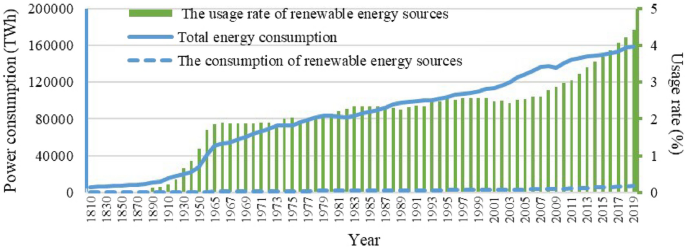AI-Empowered Methods for Smart Energy Consumption: A Review of Load Forecasting, Anomaly Detection and Demand Response
IF 5.6
3区 工程技术
Q1 ENGINEERING, MANUFACTURING
International Journal of Precision Engineering and Manufacturing-Green Technology
Pub Date : 2023-09-23
DOI:10.1007/s40684-023-00537-0
引用次数: 0
Abstract
Abstract This comprehensive review paper aims to provide an in-depth analysis of the most recent developments in the applications of artificial intelligence (AI) techniques, with an emphasis on their critical role in the demand side of power distribution systems. This paper offers a meticulous examination of various AI models and a pragmatic guide to aid in selecting the suitable techniques for three areas: load forecasting, anomaly detection, and demand response in real-world applications. In the realm of load forecasting, the paper presents a thorough guide for choosing the most fitting machine learning and deep learning models, inclusive of reinforcement learning, in conjunction with the application of hybrid models and learning optimization strategies. This selection process is informed by the properties of load data and the specific scenarios that necessitate forecasting. Concerning anomaly detection, this paper provides an overview of the merits and limitations of disparate learning methods, fostering a discussion on the optimization strategies that can be harnessed to navigate the issue of imbalanced data, a prevalent concern in power system anomaly detection. As for demand response, we delve into the utilization of AI techniques, examining both incentive-based and price-based demand response schemes. We take into account various control targets, input sources, and applications that pertain to their use and effectiveness. In conclusion, this review paper is structured to offer useful insights into the selection and design of AI techniques focusing on the demand-side applications of future energy systems. It provides guidance and future directions for the development of sustainable energy systems, aiming to serve as a cornerstone for ongoing research within this swiftly evolving field.

基于人工智能的智能能耗方法:负荷预测、异常检测和需求响应综述
摘要:本文旨在深入分析人工智能(AI)技术应用的最新发展,重点介绍其在配电系统需求侧的关键作用。本文对各种人工智能模型进行了细致的检查,并提供了实用指南,以帮助在三个领域选择合适的技术:负荷预测、异常检测和现实世界应用中的需求响应。在负荷预测领域,本文结合混合模型和学习优化策略的应用,为选择最合适的机器学习和深度学习模型(包括强化学习)提供了全面的指南。这一选择过程是根据负荷数据的特性和需要预测的具体情况来决定的。关于异常检测,本文概述了不同学习方法的优点和局限性,促进了对可用于导航数据不平衡问题的优化策略的讨论,这是电力系统异常检测中普遍关注的问题。至于需求响应,我们深入研究了人工智能技术的使用,研究了基于激励和基于价格的需求响应方案。我们考虑到各种控制目标、输入源和与它们的使用和有效性相关的应用。总之,本文旨在为未来能源系统需求侧应用的人工智能技术的选择和设计提供有用的见解。它为可持续能源系统的发展提供了指导和未来的方向,旨在成为这个迅速发展的领域正在进行的研究的基石。
本文章由计算机程序翻译,如有差异,请以英文原文为准。
求助全文
约1分钟内获得全文
求助全文
来源期刊

International Journal of Precision Engineering and Manufacturing-Green Technology
ENGINEERING, MANUFACTURING-ENGINEERING, MECHANICAL
CiteScore
10.30
自引率
9.50%
发文量
65
审稿时长
5.3 months
期刊介绍:
Green Technology aspects of precision engineering and manufacturing are becoming ever more important in current and future technologies. New knowledge in this field will aid in the advancement of various technologies that are needed to gain industrial competitiveness. To this end IJPEM - Green Technology aims to disseminate relevant developments and applied research works of high quality to the international community through efficient and rapid publication. IJPEM - Green Technology covers novel research contributions in all aspects of "Green" precision engineering and manufacturing.
 求助内容:
求助内容: 应助结果提醒方式:
应助结果提醒方式:


